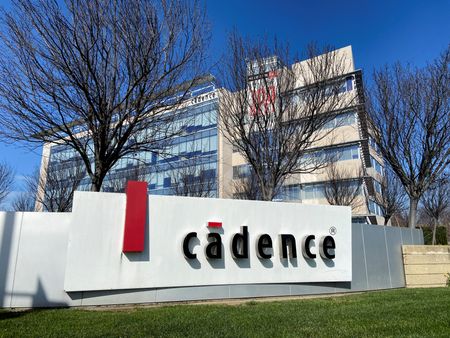Asia FX cautious amid US govt shutdown; yen tumbles after Takaichi’s LDP win
Investing.com -- The U.S. has lifted export restrictions on semiconductor design software to China, according to announcements Thursday from three of the industry’s top players—Siemens AG (ETR:SIEGn), Synopsys (NASDAQ:SNPS), and Cadence Design Systems (NASDAQ:CDNS).
Synopsys and Cadence saw their shares jump around 6% each in premarket trading, while Siemens advanced roughly 1% in Germany.
Each company said it had received notice from the U.S. Department of Commerce that the previously imposed controls were no longer in effect. While Siemens is headquartered in Germany, its chip design arm, Siemens EDA, operates out of Oregon.
Following the reversal, Siemens said it had “restored full access” to the impacted technologies and resumed sales and support to Chinese clients. Synopsys and Cadence said they were in the process of doing the same.
“This development removes a key overhang related to China. We expect only a one-month revenue impact for SNPS and CDNS in the current quarter,” Mizuho (NYSE:MFG) analyst Siti Panigrahi said in a note.
The development also supports their view that the Synopsys-Ansys merger could be completed by the July 15 deadline, or at the very least, is continuing to move toward completion in 2025.
The restrictions were initially introduced in late May, requiring companies to seek licenses before exporting certain semiconductor design tools to China.
The move came alongside broader U.S. efforts to limit China’s access to advanced chips and related technologies, including bans on sales of cutting-edge AI processors from Nvidia (NASDAQ:NVDA) and AMD (NASDAQ:AMD).
Siemens, Synopsys, and Cadence are key players in the electronic design automation (EDA) sector, which provides critical software and tools for developing semiconductors. The space is largely dominated by U.S.-based firms.
Synopsys also noted that China is actively promoting its own chip design software industry, with policies aimed at reducing reliance on foreign technology.
The announcement follows recent signals of progress in U.S.-China trade talks, including a conditional agreement to resume some cooperation on rare earth materials and advanced technology.
